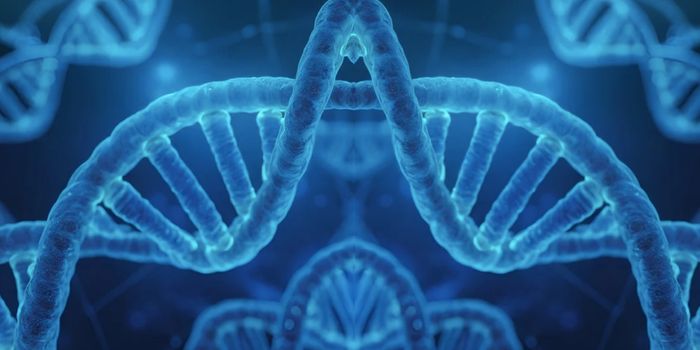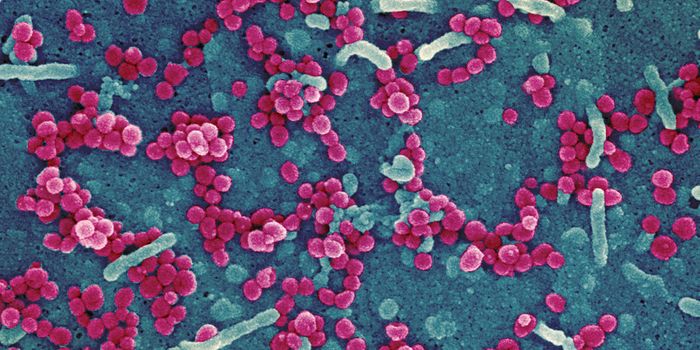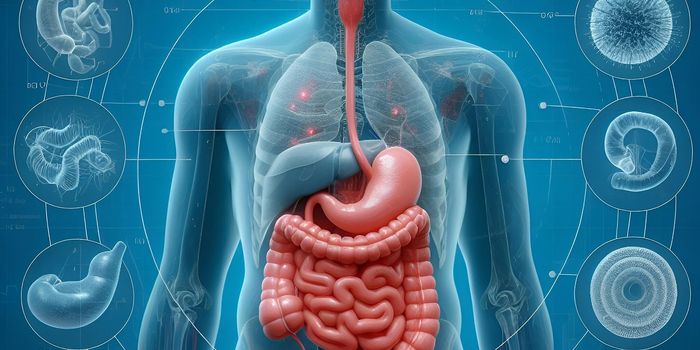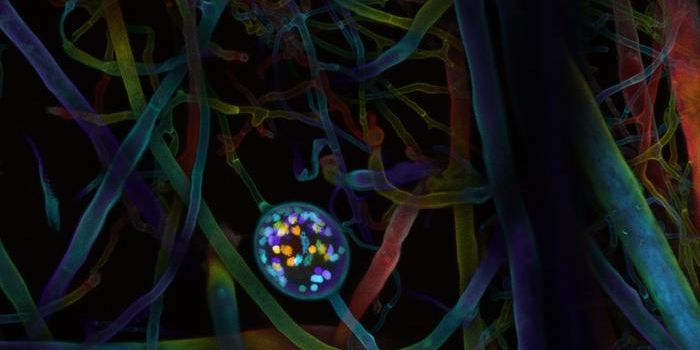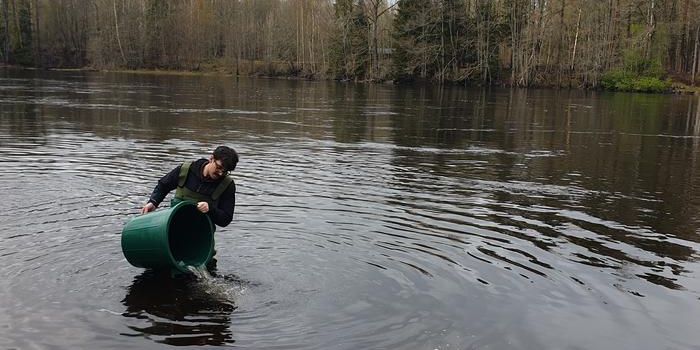Research Shows Wearing a Face Mask Reduces the Risk of COVID-19 Infection
We've known that face masks can reduce the spread of COVID-19 because some infected people may not show symptoms, and if those individuals wear a mask, there is less of a chance that they will infect others. But now researchers have shown that face masks also reduce a wearer's chance of being infected by the SARS-CoV-2 virus, which causes COVID-19. The findings, which also showed that the use of face masks has already significantly reduced infections in a number of places, have been reported in the Proceedings of the National Academy of Sciences.
Previous studies have suggested that when infected people expel droplets that contain infectious viral particles into the air, those particles can infect other people.
In this study, the researchers investigated how the virus is transmitted. "Our results clearly show that airborne transmission via respiratory aerosols represents the dominant route for the spread of COVID-19," said study leader Renyi Zhang, Texas A&M Distinguished Professor of Atmospheric Sciences and the Harold J. Haynes Chair in the College of Geosciences.
When the researchers examined the spread of infections, they found that mitigation procedures had an important effect. Face mask usage in Italy between April 6 and May 9 reduced infections by over 78,000, and in New York City between April 17 and May 9, by over 66,000.
"By analyzing the pandemic trends without face-covering using the statistical method and by projecting the trend, we calculated that over 66,000 infections were prevented by using a face mask in little over a month in New York City. We conclude that wearing a face mask in public corresponds to the most effective means to prevent inter-human transmission," continued Zhang.
"This inexpensive practice, in conjunction with social distancing and other procedures, is the most likely opportunity to stop the COVID-19 pandemic. Our work also highlights that sound science is essential in decision-making for the current and future public health pandemics."
"Our study establishes very clearly that using a face mask is not only useful to prevent infected coughing droplets from reaching uninfected persons but is also crucial for these uninfected persons to avoid breathing the minute atmospheric particles (aerosols) that infected people emit when talking and that can remain in the atmosphere tens of minutes and can travel tens of feet," said study co-author and co-recipient of the 1995 Nobel Prize in Chemistry, Mario Molina.
In China, the poor air quality has made mask-wearing common for many years, noted Zhang. "So people there are sort of used to this. Mandated face-covering helped China in containing the COVID-19 outbreak."
This study is a clear indication that masks are an essential part of the fight against this virus, Zhang said.
"Our work suggests that the failure in containing the propagation of COVID-19 pandemic worldwide is largely attributed to the unrecognized importance of airborne virus transmission," he said. "Social-distancing and washing our hands must continue, but that's not sufficient enough protection. Wearing a face mask as well as practicing good hand hygiene and social distancing will greatly reduce the chances of anyone contracting the COVID-19 virus."
Recent research has shown that masks are most effective at preventing COVID-19 transmission when they are worn properly - in other words, when there are no gaps that let air leak past the mask. Homemade masks that are worn correctly can be almost as effective as an N95 mask when they are made of a double layer of fabric. Learn more from the study that evaluated fabrics in ACS Nano.
Sources: AAAS/Eurekalert! via Texas A&M University, Proceedings of the National Academy of Sciences



